DIWALI – the story of good triumphing over evil – shows how multiculturalism is not failing but instead enhancing community relations in today’s Britain, prominent politicians and business leaders have told Eastern Eye.
The prime minister, Rishi Sunak, and the Labour leader, Sir Keir Starmer, added their voices to the message that Diwali provided hope for the future.
Hindus, Sikhs, Jains and Buddhists have begun the celebrations for one of their most important religious festivals.
Leicester City Council said 40,000 people attended this year’s Diwali lights switch-on, while hundreds braved the rain at Trafalgar Square in London on Sunday (29).
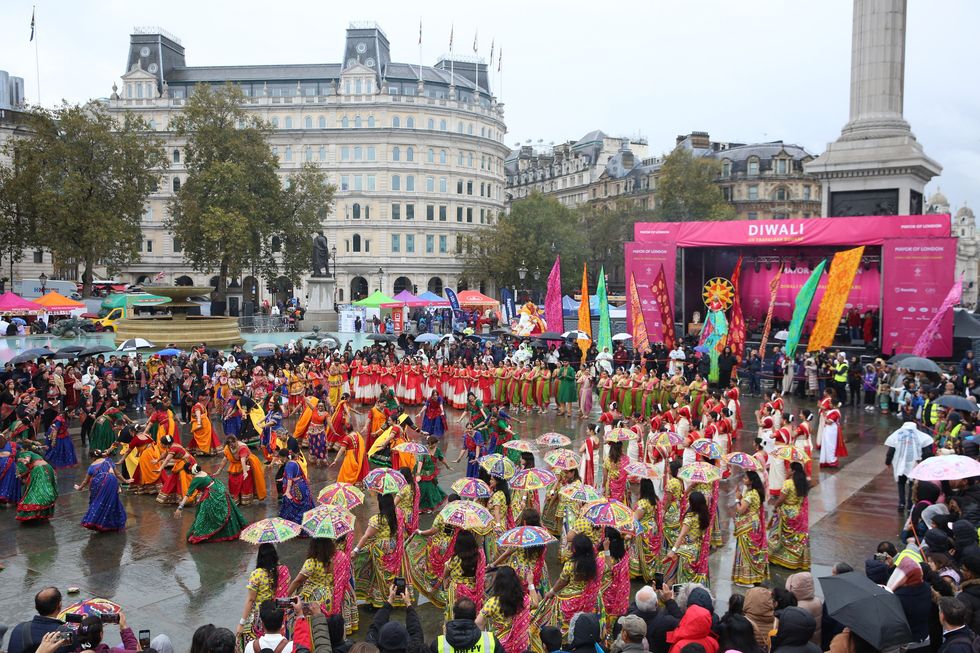
London’s Labour mayor, Sadiq Khan, said that Diwali emphasised friendship.
“One of the joys of Diwali is we celebrate all that's good about our society,” Khan told Eastern Eye.
“Anybody who has studied the story of Rama and Sita, and the reasons why different religions celebrate Diwali, is the great moral for these stories is a celebration of good over evil, lightest over darkness, friendship over enmity.
“That's why it's so important, but look behind me, this today is one of the worst, wettest days, but we've had 1000s of people here today celebrating Diwali.
“Of course, Hindus, but also Sikhs, Jains and Buddhists, and those of us who aren't in any of those religions celebrating this wonderful festival.”
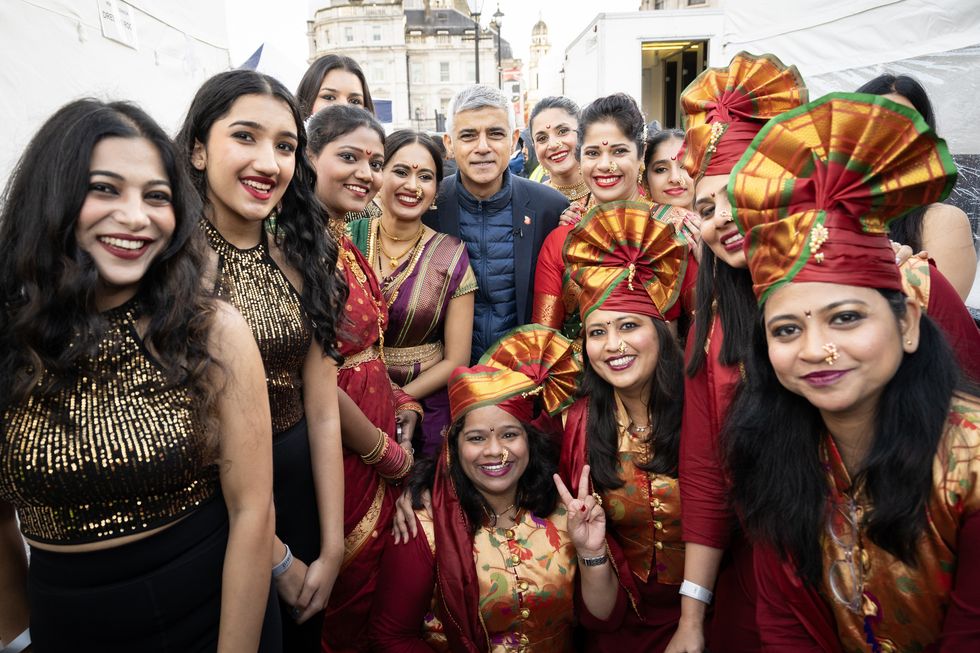
Prime Minister Sunak wished Eastern Eye readers “a happy Diwali”.
“My guiding light as Prime Minister is the determination to change this country for the better, and as a symbol of the triumph of light over darkness, I believe Diwali is a poignant representation of the strive for a better future.
“I wish all readers of Eastern Eye a happy Diwali, and as millions up and down the UK and around the world light their Diyas, I want this to be a moment we can look to the future with hope.
“As your first British Asian Prime Minister, I also hope this can be a celebration of the fantastic ethnic and cultural diversity which makes the UK the place it is today.”
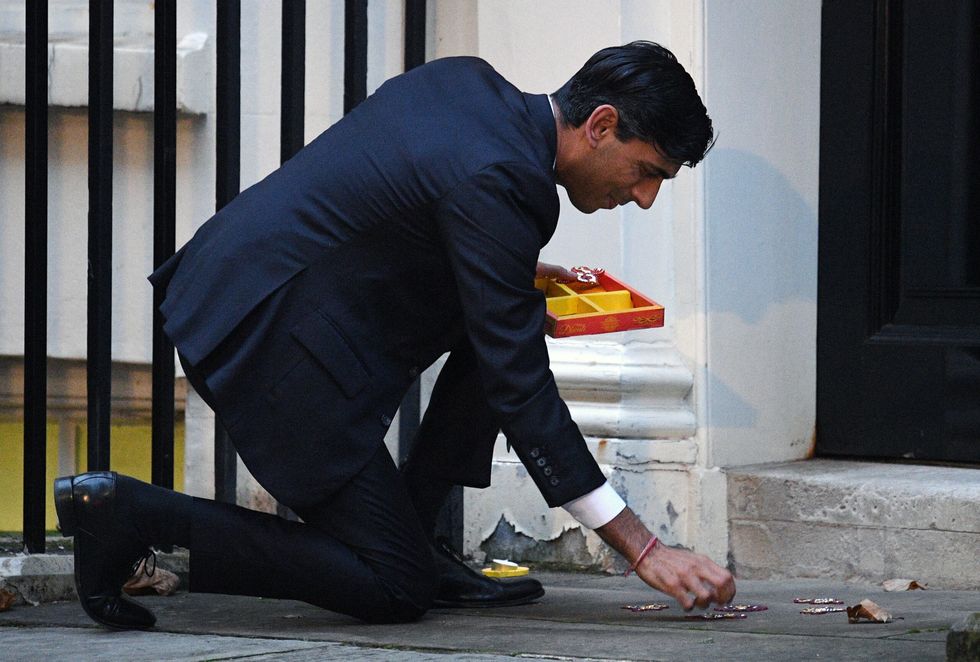
The Labour leader hoped the country would focus on a positive future.
“Diwali, the festival of lights, is a time when we celebrate the triumph of light over darkness, of good over evil and of knowledge over ignorance,” said Starmer.
“In dark times such as these, it is more important than ever that we do this, that we focus on a positive future in which we work together across communities and faiths to ensure that everyone, no matter their background, has an opportunity for a fulfilled and happy life.
“I’d like to underline my gratitude to the Hindu, Sikh, and Jain communities for the enormous contribution they make to this great country of ours across so many spheres and a contribution pursued in accordance with their spiritual convictions and reflecting the powerful message of Diwali.”
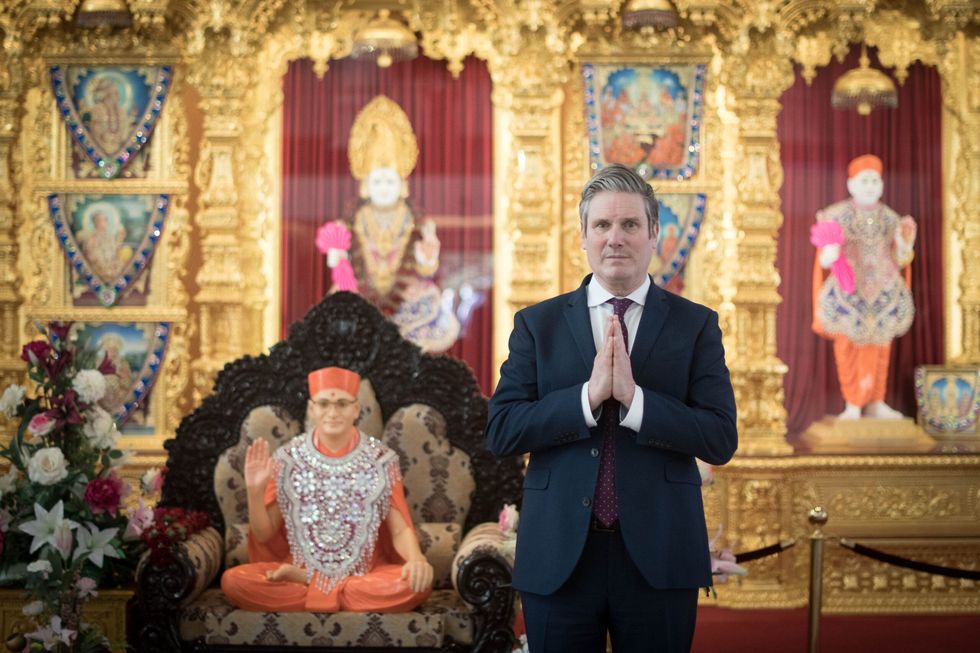
Anger
But many south Asians are angry about the comments last month (26 September) of the home secretary, Suella Braverman, who said Britain had “a misguided dogma of multiculturalism”.
She told an audience in America that, “Multiculturalism makes no demands of the incomer to integrate.
“It has failed because it allowed people to come to our society and live parallel lives in it.
“And, in extreme cases, they could pursue lives aimed at undermining the stability and threatening the security of society.”
But Khan said that Braverman’s very position demonstrated that multiculturalism was alive and well in the UK.
“Evidence that multiculturalism has succeeded is who our prime minister is, who our home secretary is, who our foreign secretary is, who the first minister of Scotland is, who the leader of the Scottish Labour Party is,” he argued.
“Just looking at journalism, the judiciary, business, people of diverse backgrounds have managed to fulfil their potential here in London and here in the UK.
“Rather than people seeking to denigrate different cultures, playing dog whistle, megaphone, politics with race, they should be celebrating all that is good.”
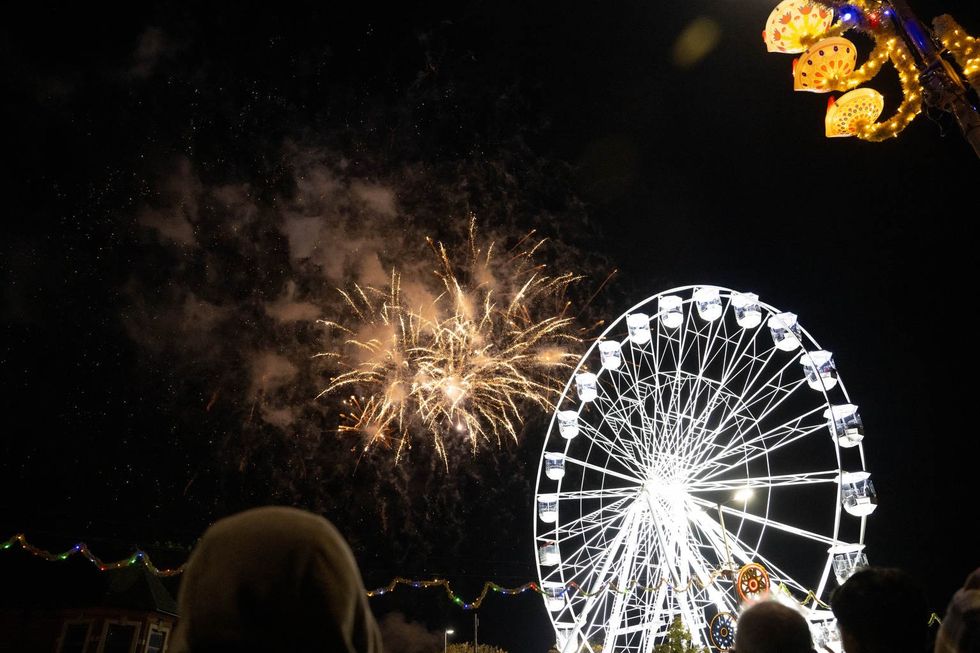
The home secretary singled out Leicester as a place where multiculturalism had failed.
“We are living with the consequence of that failure today.
“You can see it play out in the streets all over Europe from Malmo to Paris, Brussels to Leicester," she said.
Leicester celebrations
Her comments angered city leaders, who celebrated the 40th anniversary of the annual switching on of the lights on Sunday.
This year 6,000 lights were put on in the Golden Mile, where thousands of Ugandan Asians settled after being expelled by Idi Amin in 1972.
“You just have to look around the crowd to see that people from every single community in Leicester want to share this,” Leicester’s Labour mayor, Sir Peter Soulsby said.
“Multiculturalism is something that is right at the heart of our 21st century culture.”
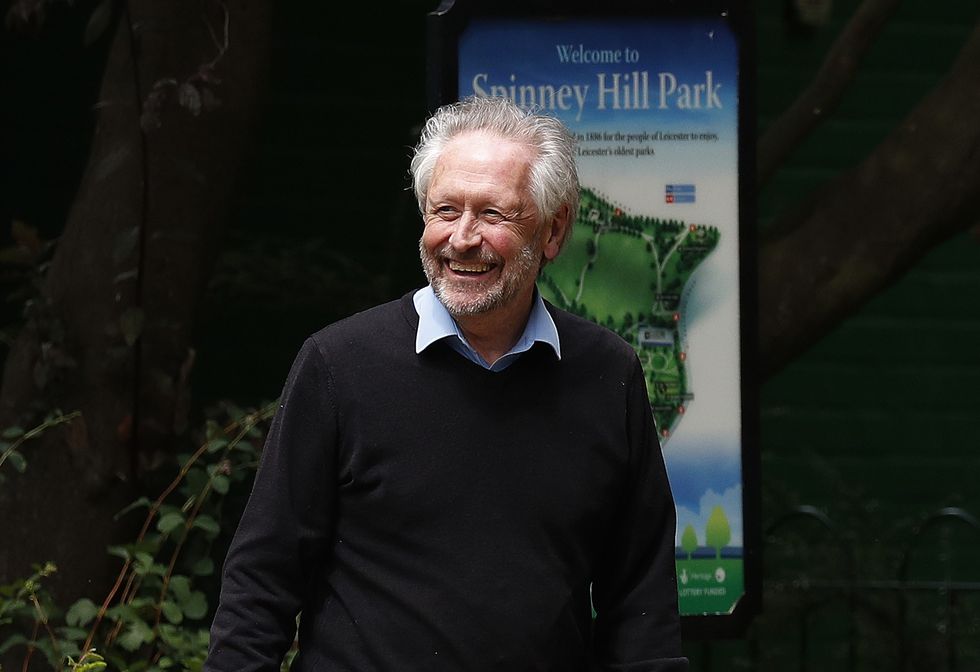
This newspaper has spoken to several prominent community leaders in Leicester.
They said that the expulsions from east Africa “galvanised and united” a city which in the 1970s held National Front marches and where the local authority took out adverts urging refugees to stay away.
That unity still existed, said former president of the Leicestershire Asian Business Association, Jaffer Kapasi.
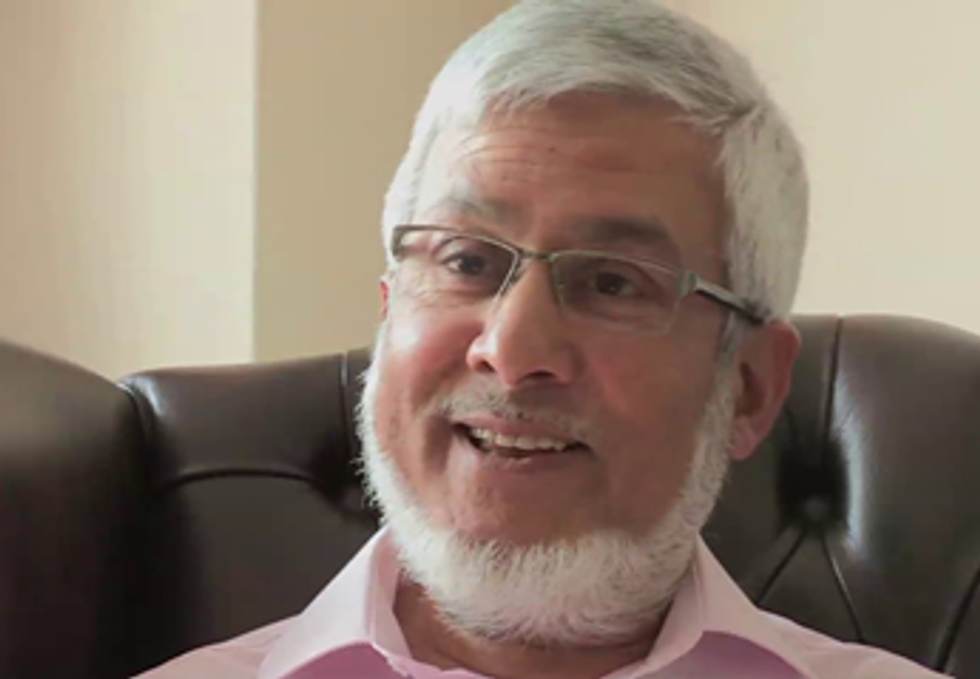
“We participate in Diwali celebrations or whatever's going on,” he said. “In fact, we do participate in the raas-garba (folk dancing), so we work in harmony and share each other's celebrations.
“We want to share good experiences, extending the ties, gifts and Diwali cards and so on between us.
“I received so many more cards from my Hindu friends, then my Muslim friends (during Eid), so it shows that we work together as one community.”
If proof were needed, he said, just look at how south Asian businesses operated Leicester.
“The other major factor is the trading relationship with people employing, buying and selling goods between the communities as well.
“Many of the Hindu restaurants hire a lot of Muslims, and many of the Muslim restaurants even though they sell halal meat, hire Hindus.
“It applies to the Sikh community as well.
“The home secretary is not fully aware – she has made a blanket statement without actually understanding or knowing or acquiring knowledge from the people who live in Leicester.”
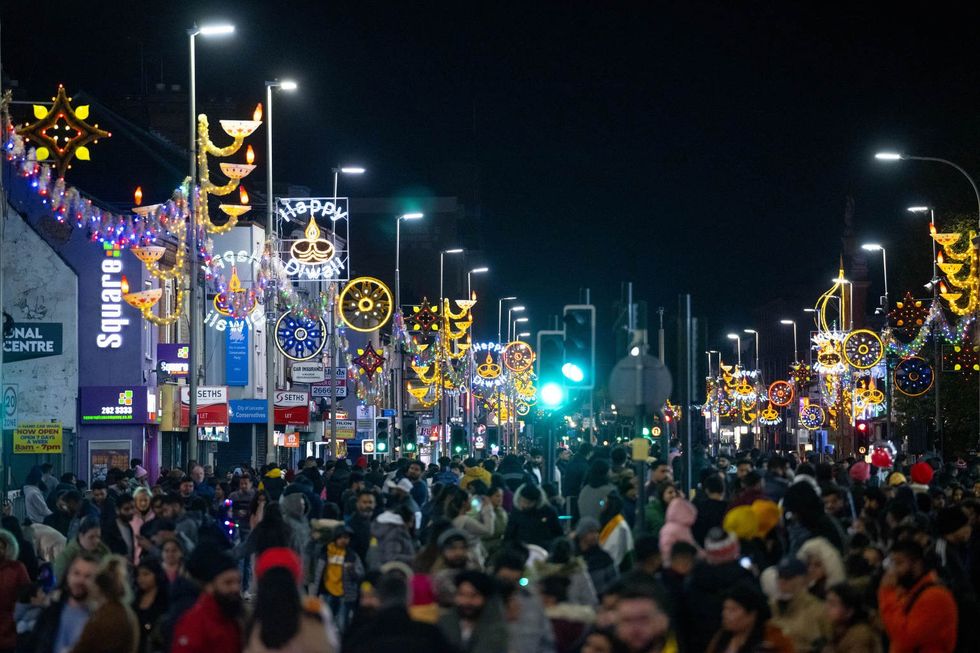
The city is famed for having the largest celebrants of Diwali outside India, as shown on Sunday.
‘Immensely humbling’
By his own admission to Eastern Eye, the Leicester South MP and shadow paymaster general, Jon Ashworth, was angry that the home secretary picked his city as a failure for multiculturalism.
“I will be welcomed to our Diwali celebrations, I'll be welcomed into a mandir for Navratri, I will be welcomed into a masjid to break the fast in Ramadan, to celebrate during Eid and of course Vaisakhi in the Gurdwara, I am welcome into our Jain temple and of course, our Christian churches and synagogues too,” the MP said.
“That is immensely humbling, and it's something which makes me so proud to be a representative of Leicester in parliament.”

Leicester witnessed disturbances between Hindus and Muslims in August 2022 when community tensions spilled over.
The causes of the violence are the subject of two independent inquiries.
“We should never take unity for granted, we have seen some problems,” Ashworth continued, “but that's why it's even more important that members of parliament like myself continue to speak out and continue to do all we can, work all hours, to bring communities together.
“Something I've been focused on, for understandable reasons, in the last fortnight or so is ensuring that if there are instances of Islamophobia or anti Semitism that we are confronting that.
“I am speaking regularly to our local authorities from the city council to the police, and doing what I can to reassure my constituents.”
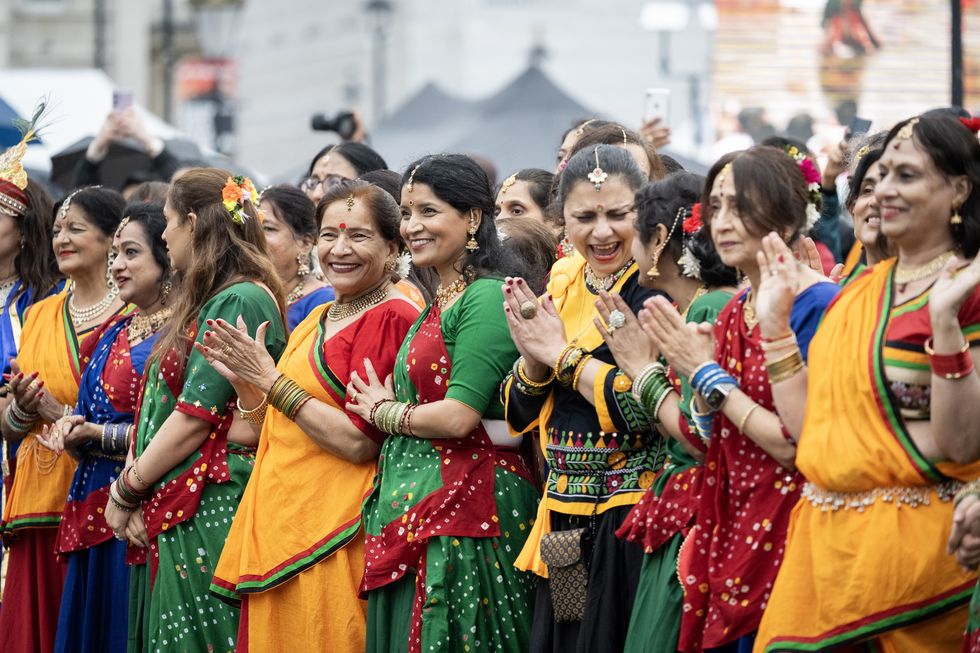
The Labour MP for Edgbaston in Birmingham, Preet Kaur Gill, added her voice to calls for peace.
“I think these celebrations are particularly poignant at a time when we are seeing so much conflict around the world,” she told Eastern Eye.
“Both celebrations are rooted in the fight for social justice, in standing up for what’s right, whether the issue affects you directly or not.
“Diwali and Bandi Chhor Divas shine light on the kind of solidarity we need to see more of in the UK, and throughout the world.
“That’s what these celebrations are all about for the Sikh and Hindu communities – they’re about focussing on our shared humanity, on the thing that connects us all as people.
“What we need now is to find a path back to peace – that will be in the minds of many who are celebrating and praying for the betterment of the world as part of these festivities.”
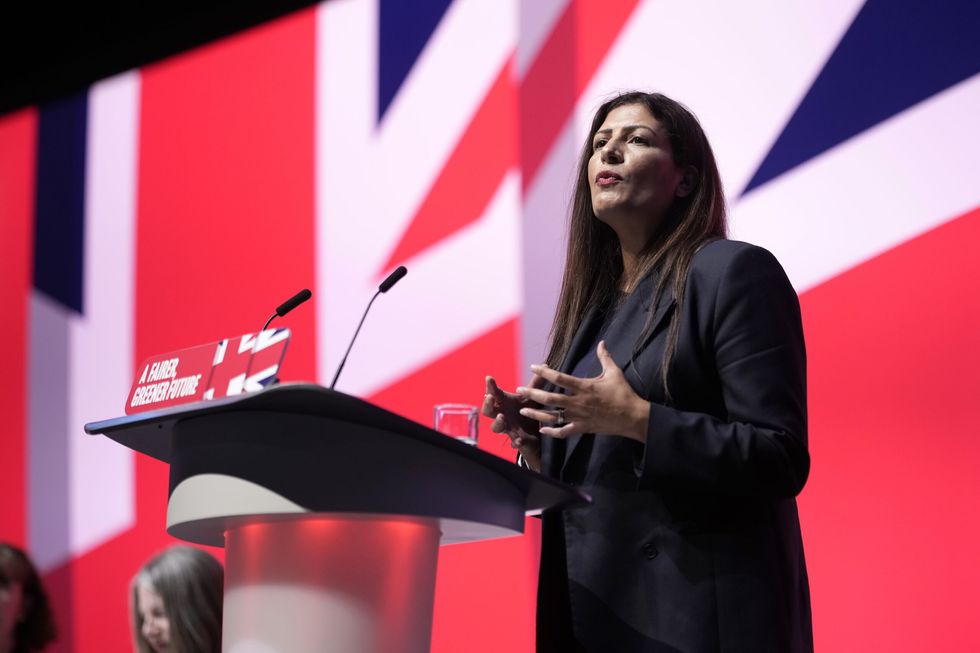
Ranil Jayawardena, the Conservative MP for North East Hampshire said, “Diwali's message of triumph over adversity is one that people, of whatever faith, know is much needed today.
“I am sure everyone will seek to use this moment to strengthen bonds here at home, foster understanding between faiths, and promote peace around the world.”
Celebrating faiths
Lord Jitesh Gadhia told Eastern Eye that Diwali showed that different religions could unite in celebrating their faiths.
“It’s wonderful that we live in a country where, whatever your background or beliefs, we can all join British Indians in marking the spirit of Diwali, with its universal and timeless appeal,” said the peer.
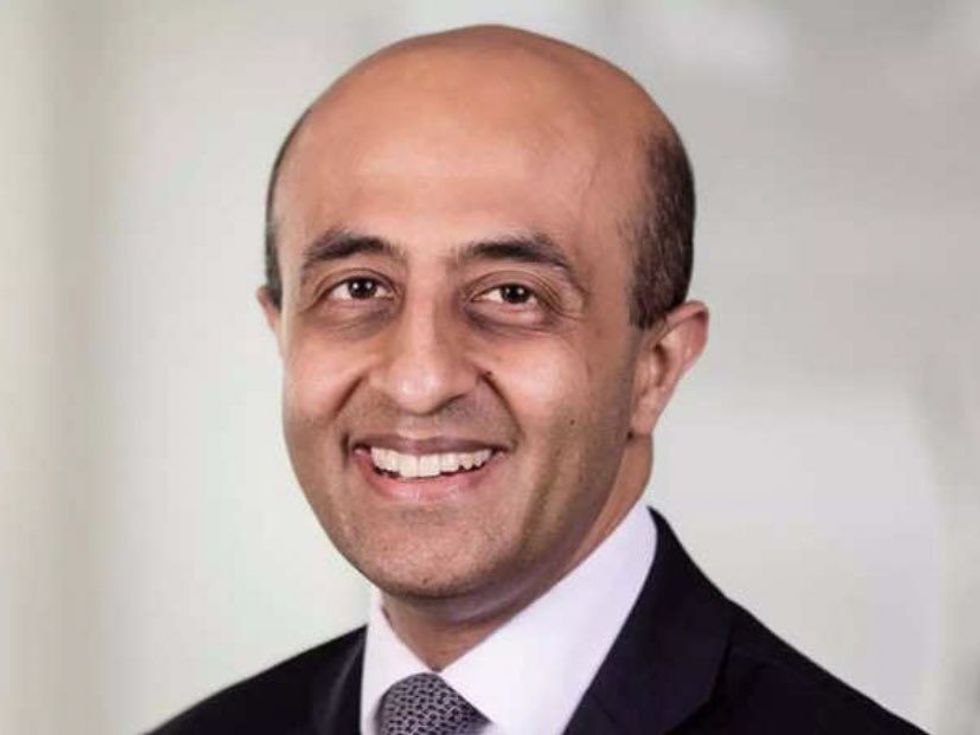
“The Diwali message is all about right conduct, respecting each other and building strong communities.
“It offers us a moment to reflect on the epic story of the Ramayana and the examples of Lord Rama and Sita, who embodied the noble virtues of service, sacrifice and duty – values which remain more relevant today than ever.
“One of the most beautiful aspects of Diwali is the sense of charity and goodwill it embodies.
“It is a time when we share our good fortune with those less fortunate.
“These acts of kindness underscore the strength of our community bonds and our common humanity.
“At this auspicious time of year, we pray that these values shine brighter every day.
“The traditional lighting of lamps in our homes this Diwali will be even more poignant given the various conflicts around the world.
“As well as symbolising the victory of good over evil, they represent our collective hopes for a brighter and more peaceful future.”
‘Diwali is special because it is a non-sectarian, human festival’
by RADHA MOHAN DAS, Communications officer at Bhaktivedanta Manor
We live in a troubled world, writes Radha Mohan Das, communications officer at ISKCON Bhaktivedanta Manor near Watford.
Everybody values and seeks peace, but rarely is it found. Of course, as we learn from the ancient scriptures of India and other parts of the world, true peace lies within. No matter how comfortable our life may be, no matter how much money we may have, if we do not take that inward journey our minds will never be controlled and thus peace will escape us.
Most people think many conflicts and social problems of the world begin with external circumstances. We cannot blame people who think like that, and beyond a certain level that is true. But we must understand that behind every decision that is made, behind every mistake, are individual people. It begins and ends with the spiritual journey of every individual and their battle against the enemies of the soul. Lust, greed, anger and envy.
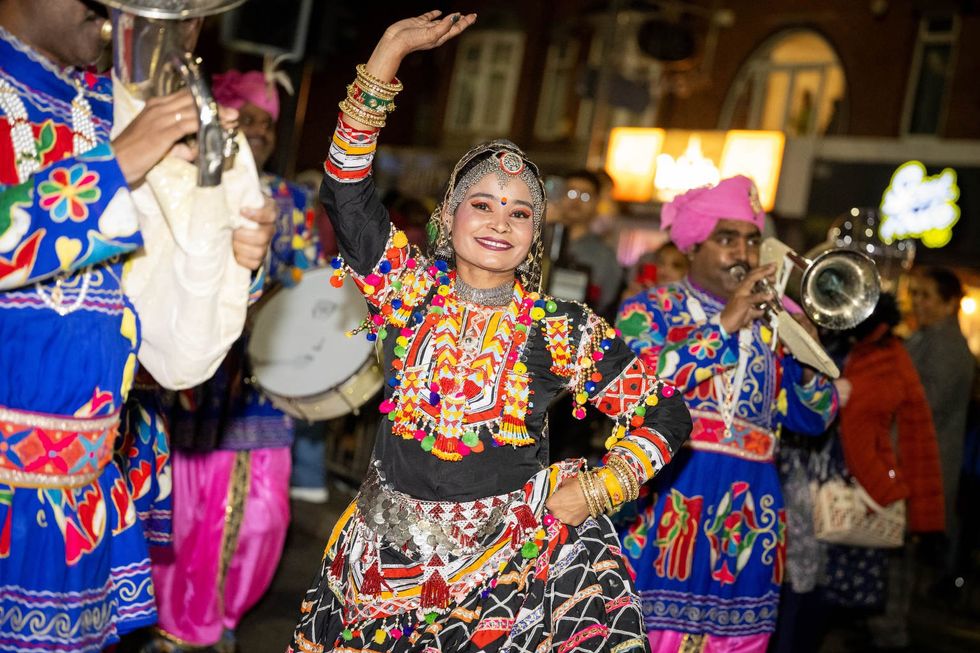
We need to embrace every opportunity we can to do what is right for ourselves, our family and the world. Even if symbolically. Diwali is one of those special opportunities because it is themed around good over evil, right over wrong, light over darkness. As Lord Rama returned to Ayodhya to take his rightful place on the throne, similarly we need to leave a wide place for God to sit in our hearts.
So, when we light a diva or candle, when we visit a temple, give a gift, spend time with the family, then we can use these tools to aid our search within to benefit ourselves and ultimately the world.
Today, the UK is a highly culturally diverse country. Many people are proud of this fact and know that in the modern world it makes the country stronger in many ways. Many politicians and members of non-Indic faiths acknowledge, respect, participate and even celebrate Diwali because its message is universal, and its celebrations are beautiful. But most important of all, Diwali is clearly open to all. It is non-sectarian. It is not just a Hindu festival – it is a human festival. That is sanatan dharma.
The world needs Diwali, the world loves Diwali. Let us celebrate this marvellous festival with open hearts. Hare Krishna.






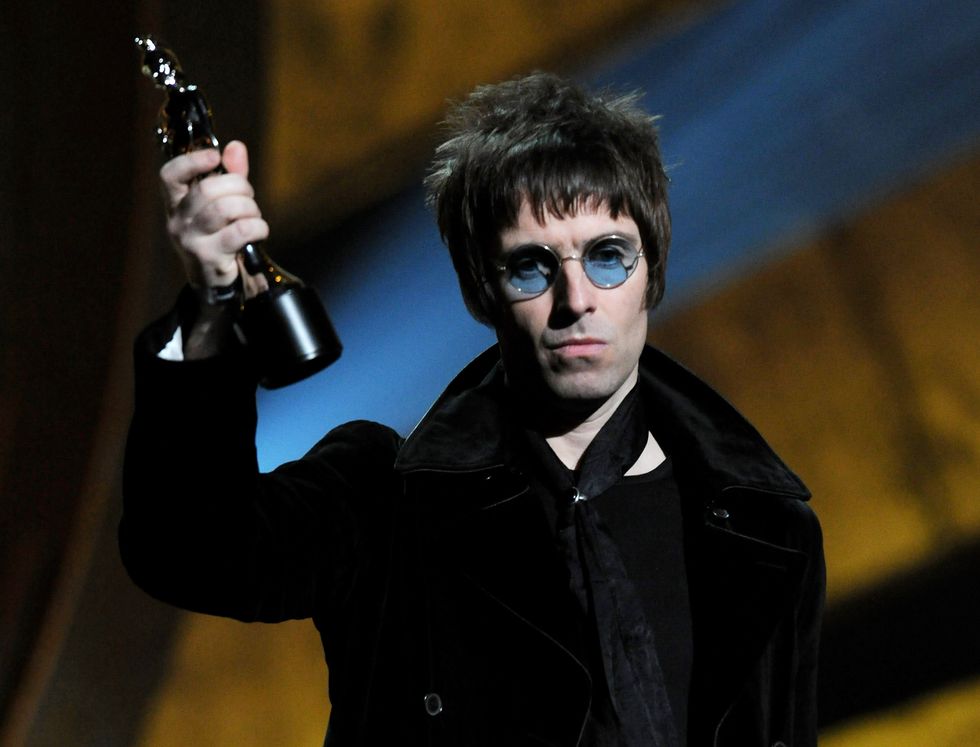 Liam Gallagher accepts Oasis' award for 'Best Album of 30 Years' Getty Images
Liam Gallagher accepts Oasis' award for 'Best Album of 30 Years' Getty Images  Liam Gallagher plays to a sell out crowd at the Universal AmphitheatreGetty Images
Liam Gallagher plays to a sell out crowd at the Universal AmphitheatreGetty Images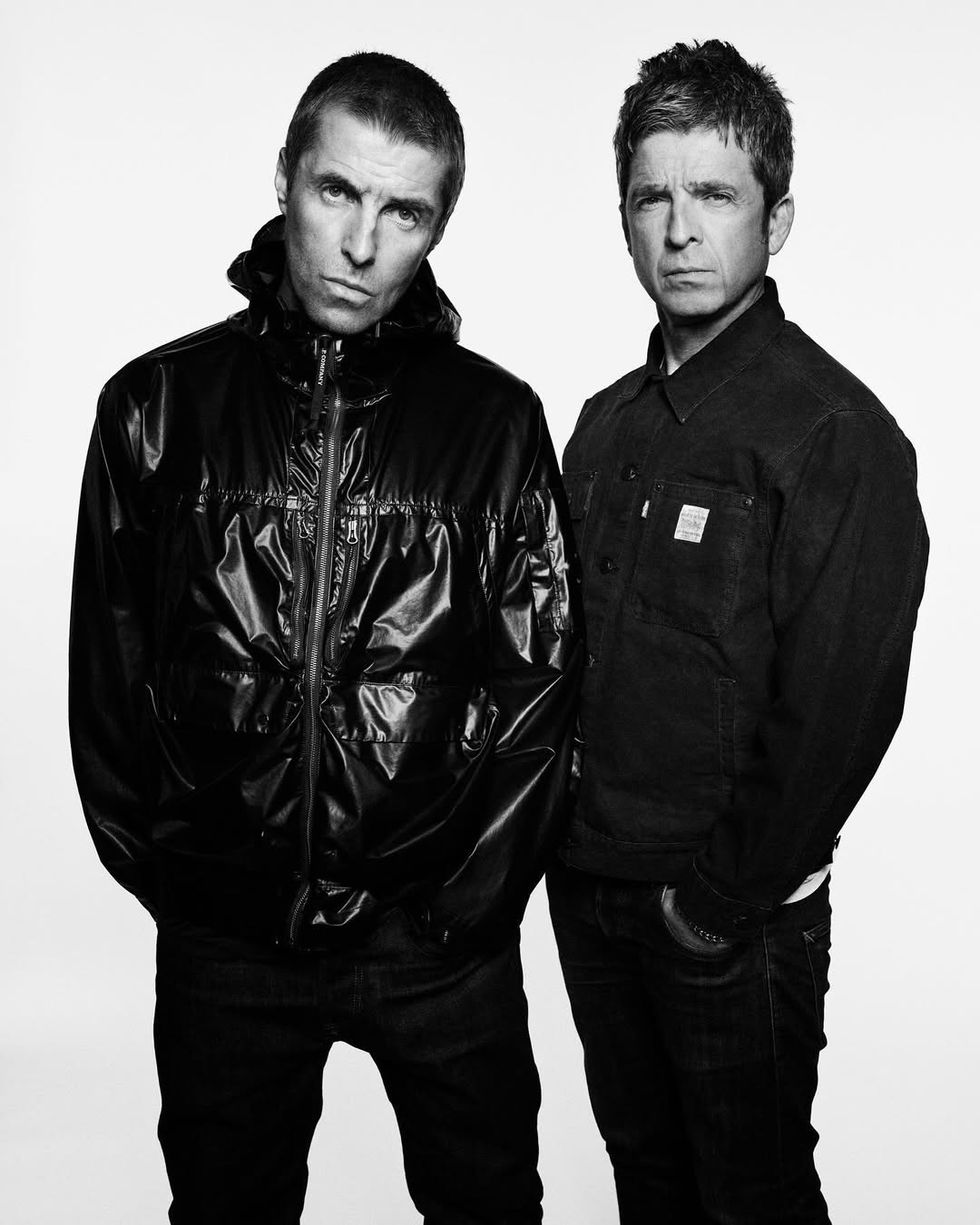 Liam and Noel Gallagher perform together in Cardiff for the first time since 2009 Instagram/oasis
Liam and Noel Gallagher perform together in Cardiff for the first time since 2009 Instagram/oasis 










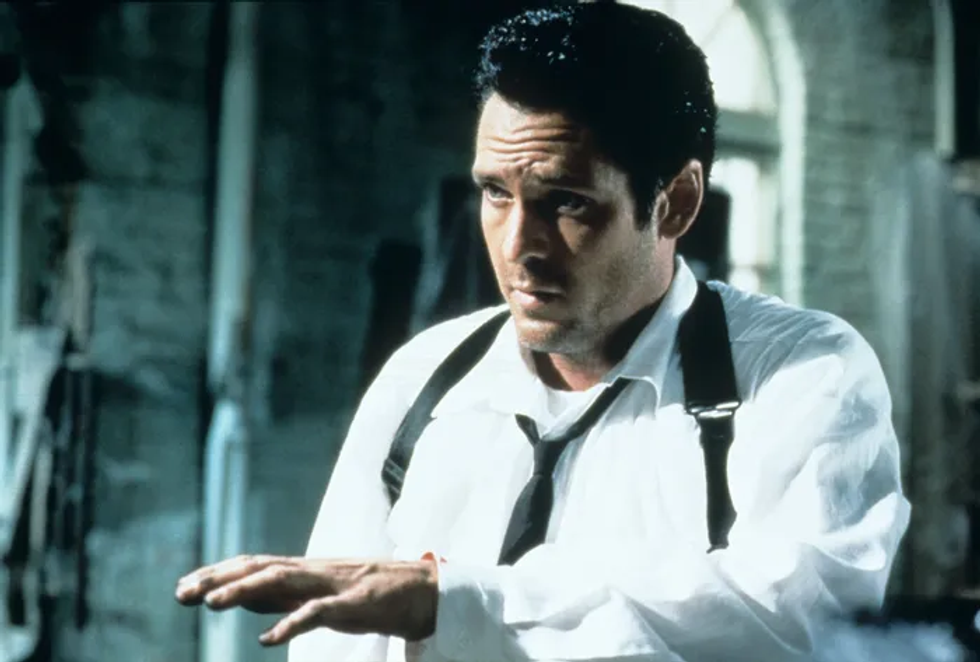 Reservoir Dogs
Reservoir Dogs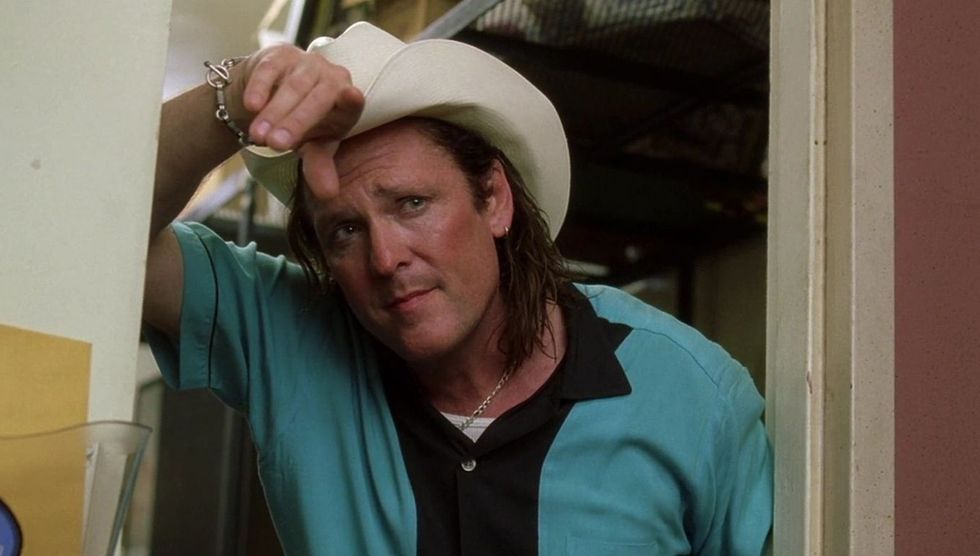 Michael Madsen as Budd aka SidewinderIMDB
Michael Madsen as Budd aka SidewinderIMDB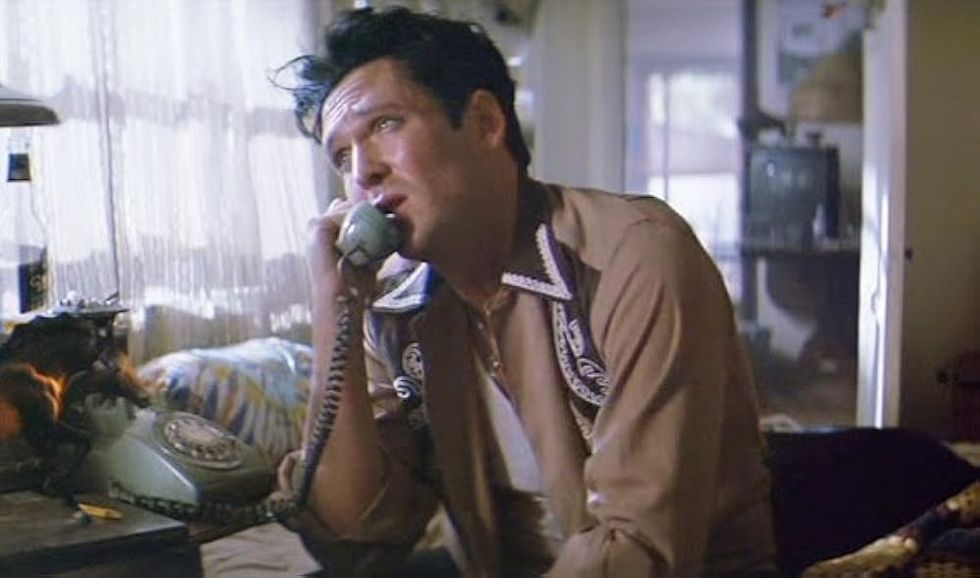 Thelma & LouiseIMDB
Thelma & LouiseIMDB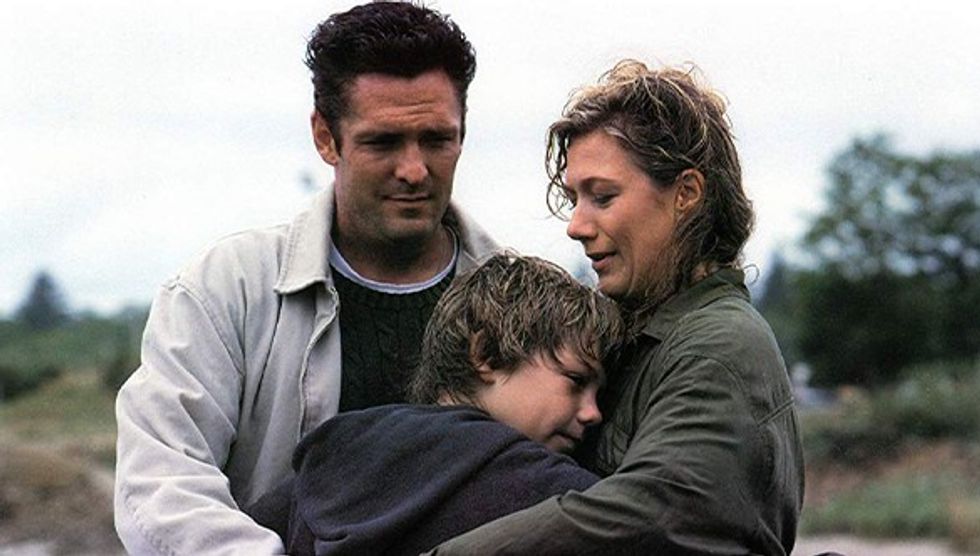 Free WillyIMDB
Free WillyIMDB 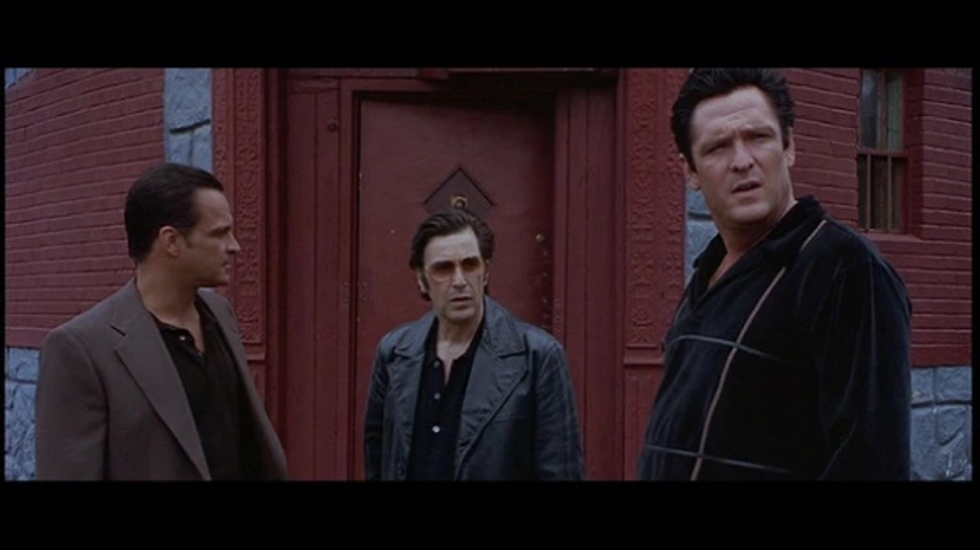 Donnie BrascoAlex on Film
Donnie BrascoAlex on Film 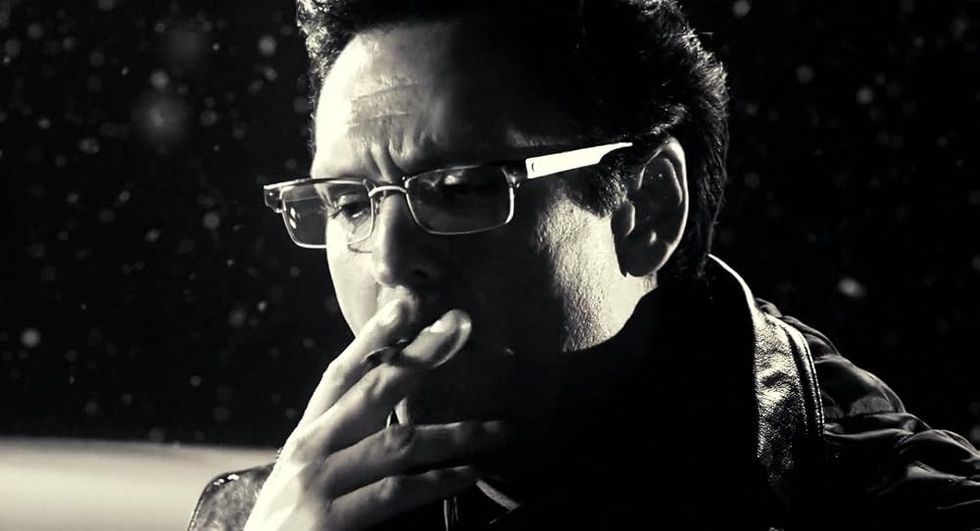 Sin CityIMDB
Sin CityIMDB 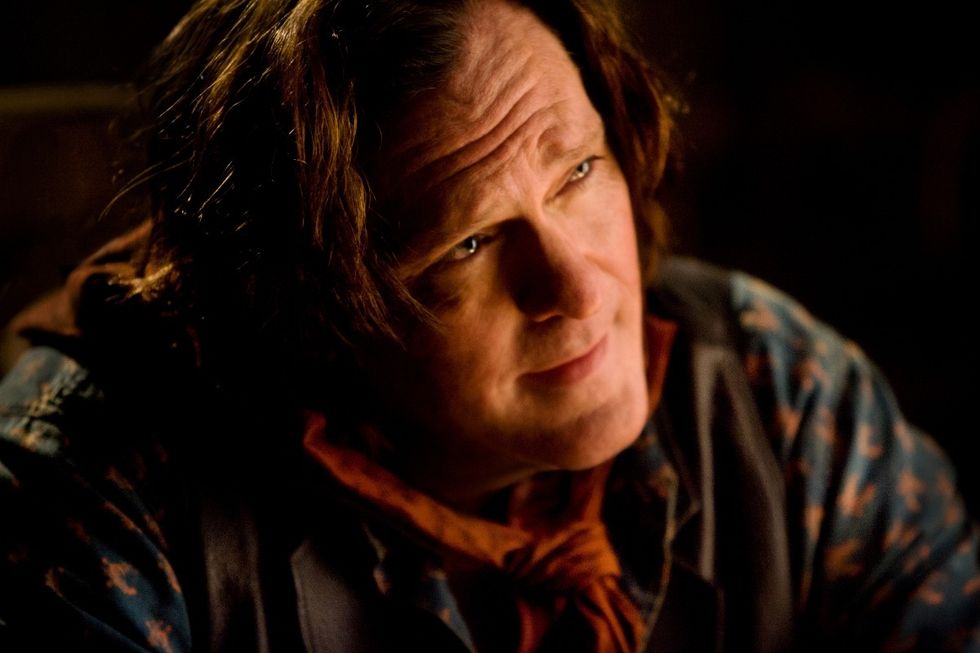 The Hateful Eight IMDB
The Hateful Eight IMDB Mulholland FallsVirtual History
Mulholland FallsVirtual History 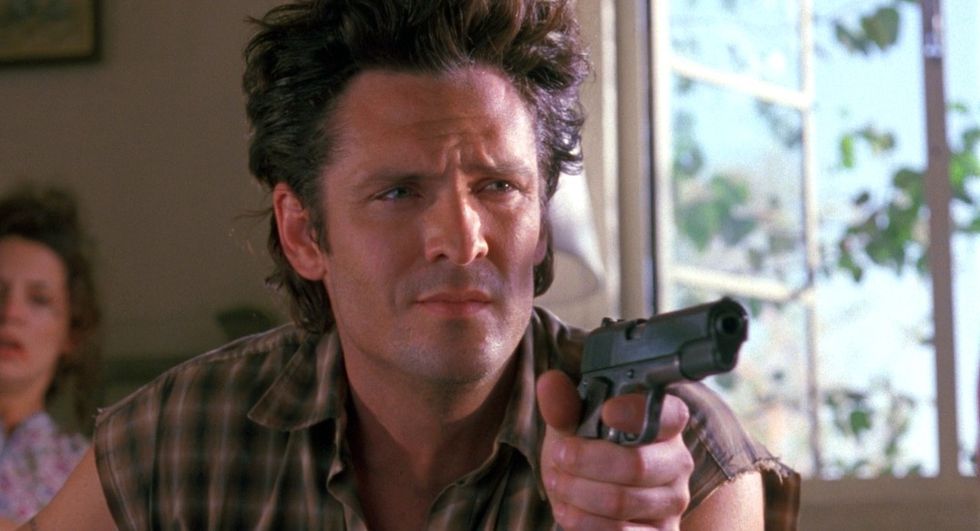 Kill Me Again
Kill Me Again 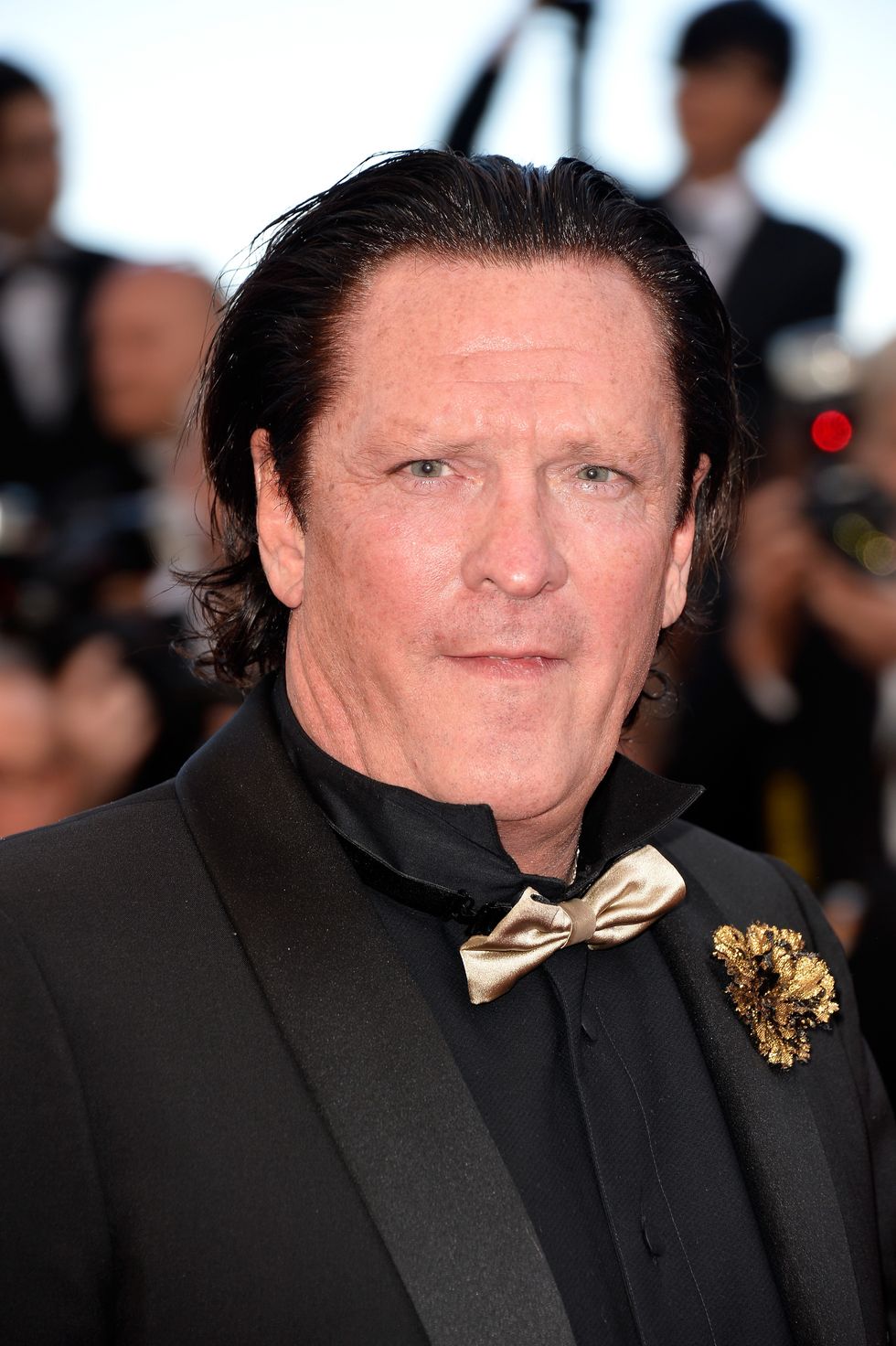 Michael Madsen attends the Closing Ceremony and Fistful of Dollars Screening Getty Images
Michael Madsen attends the Closing Ceremony and Fistful of Dollars Screening Getty Images 